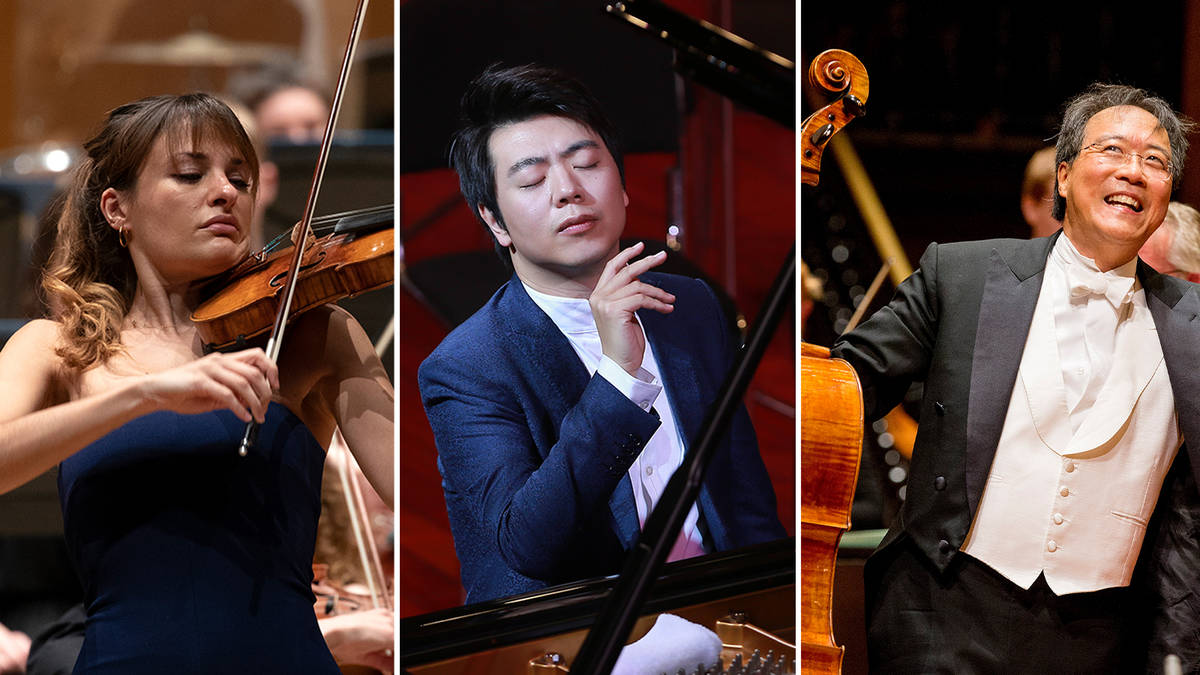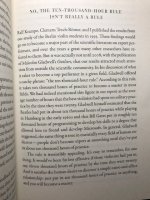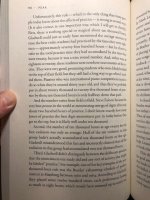The 10,000 hour number has an interesting history. Ericsson has an explanation and IIRC in general that number was picked as much as it was calculated (it was age-limited at 18 I believe ... if you used 21 year old "masters" then the number might have been 14,200 or some not-round/remember-able number).Yes, but I have known professional golfers and they do not practice like that week in week out. They do a little R&R. At least the ones I know. There are exceptions who play/practice as much as possible. But it goes back to what I said in the OP -- addiction. I am no expert, I just suspect that there might be an addiction type of brain thing going on with certain superstars. Then again, what do I know, not much. Tis just an interesting subject.
I suppose what I was thinking in the OP is that I have no doubt it takes that amount of practice/play in the "it takes 10,000 hours to master anything" time period. (Which is your teens and early 20s for any sport or endeavor.) But once you get to be world class... needing to practice that much... that is surprising... and the pro golfers I know kind of guided that thinking. I also know pro musicians such as guitarists and they don't practice that much. They practice a few hours but 8 hour days almost 7 days/week? I don't think so. And even in that profession, there might be exceptions. It would be interesting to find out how much Tommy Emmanuel practices. His skill level is other-worldly, just eye-popping skill.
Here is a page that has practice efforts of some rather famous and talented musicians ... they practice a fair bit :

How many hours a day do the world’s greatest classical musicians practise?
Here’s how many hours it takes to be one of the world’s greatest classical virtuosos…
Dave

